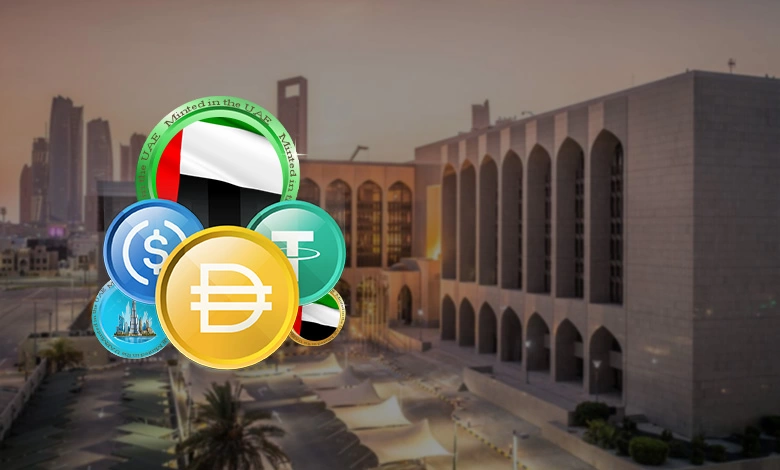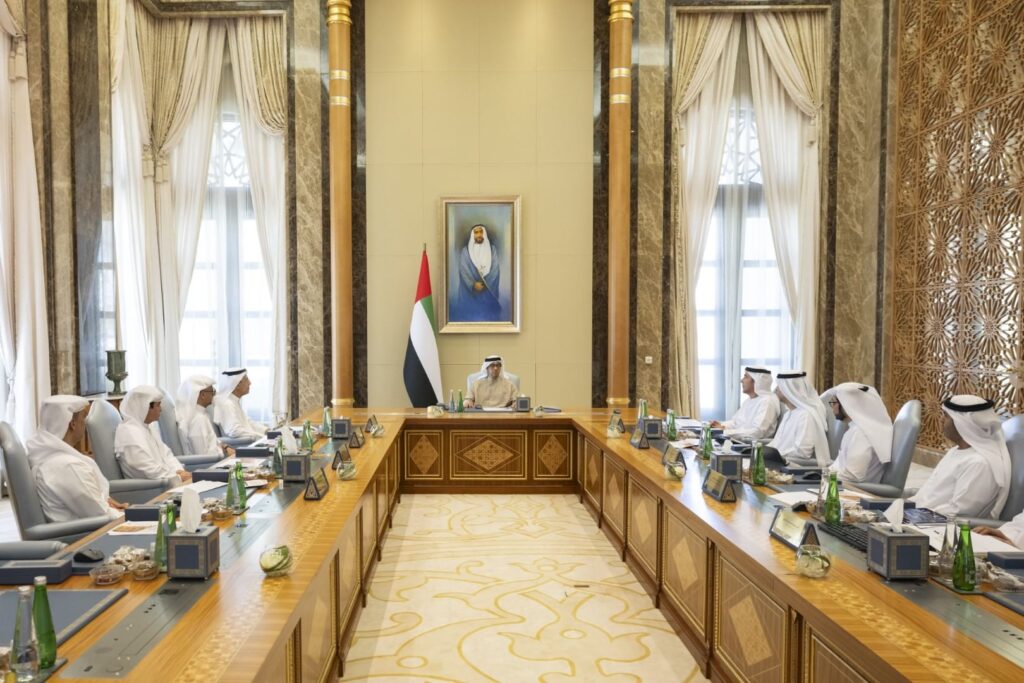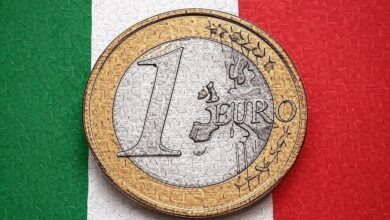CBUAE Board of Directors Approves New System for Licensing Stablecoins

The Central Bank of the UAE (CBUAE) Board of Directors has approved a comprehensive system for licensing and overseeing stable cryptocurrencies.
This decision is part of a broader set of policies designed to support the banking and insurance sectors and enhance financial infrastructure services.
Sheikh Mansour bin Zayed Al Nahyan, Vice President, Deputy Prime Minister, Chairman of the Presidential Court, and Chairman of the CBUAE, presided over the board meeting held at Qasr Al Watan in Abu Dhabi. The Board reviewed the meeting agenda and assessed the progress of various projects and plans.

The Board discussed initiatives under the Financial Infrastructure Transformation Programme, which aims to foster innovation, boost digital transactions, and advance the UAE’s digital economy. Key projects include the development of a Central Bank Digital Currency, the Jaywan Domestic Card Scheme, and the Instant Payments Platform (Aani).
Additionally, the Board evaluated the latest updates on the implementation of memorandums of understanding between the CBUAE and other central banks. They also reviewed plans to enhance Emiratisation efforts and support UAE nationals, focusing on new Emiratisation policies for institutions within the banking, financial, and insurance sectors.

Sheikh Mansour praised the CBUAE Board and the bank’s initiatives for promoting innovation, digital transformation, and sustainability. He emphasized the importance of continuing these efforts to ensure monetary and financial stability and to fulfill the Central Bank’s objectives and vision for expanding the financial sector.
Commenting on the matter, Kokila Alagh, Founder of KARM Legal Consultants told UNLOCK Blockchain, “The approval and acceptance of stablecoins as a means of payment for goods and services in the UAE by CBUAE is a significant boost for the virtual assets industry. This move fosters great confidence in new-age technology and reaffirms the UAE’s leadership in the global fintech space. The regulations provide clarity on the issuance, licensing, and supervision of AED-backed payment token issuance and payment service providers. Payment tokens must be backed by AED and cannot be linked to other currencies, virtual assets, or algorithms. Merchants and service providers can only accept AED-backed payment tokens and no other virtual asset shall be accepted as a means of payment.”
On another note, Samir Safar-Aly, Financial Regulatory Counsel and MENA FinTech & AI Lead at the international law firm Baker McKenzie, explained, “Regulatory developments need to be considered within the wider regulatory environment”, stating that “back in September 2023, the Dubai Virtual Assets Regulatory Authority (VARA) – whose regulatory remit covers the Emirate of Dubai with the exception of the Dubai International Financial Centre (DIFC) Financial Free Zone – announced a significant update to its Virtual Asset Issuance Rulebook, focusing on Fiat-Referenced Virtual Assets (FRVAs), commonly known as ‘stablecoins.’ Important to the news being reported with regards to the new Central Bank Stablecoin Regulations, the VARA FVRA Issuance Framework apply to all FRVAs issued within Dubai (apart from the DIFC) excluding those tied to the United Arab Emirates Dirham (AED), which explicitly remain under the exclusive oversight of the Central Bank of the UAE (CBUAE). However, confusion remains within the market, particularly among Payment Service Providers (PSPs) already licensed and regulated by the CBUAE. The CBUAE’s Retail Payment Services and Card Schemes Regulation, issued in June 2021, already covers ‘Payment Tokens,’ (issuance, buying, selling and other related services) including their issuance, exchange, and related activities. These tokens are defined as Crypto-Assets backed by Fiat Currencies and used as a medium of exchange, unit of account, or store of value, without legal tender status (in other words stablecoins).”
He continued, “Stablecoins have to be considered within a payments context and on that, Dubai’s VARA introduced its own Virtual Assets (VA) Transfer and Settlement Services Rulebook in June 2023, outlining is licensing and compliance framework for service providers looking to transfer and settle VAs. At the same time, it mentioned that those regulated by it to provide VA Transfer and Settlement Services needed to also comply with all relevant CBUAE regulations applicable to Virtual Asset Service Providers (VASPs). This places those looking to provide services related to non-AWD denominated stablecoins, like USDT and USDC, in a position of potentially needing to be dual-licensed by both the CBUAE and VARA.
While we await the specifics of the upcoming CBUAE Stablecoin Regulations for AED-denominated stablecoins, the market needs further clarity on the regulatory overlap on non-AED stablecoins (between the CBUAE’s ‘Payment Token’ and PSP framework, VARA’s FRVA’s Issuance Framework, and VARA’s VA Transfer and Settlement Services Rules).
Similar to the resolution of previous regulatory overlaps between the UAE Securities and Commodities Authority (SCA) and VARA, joint cooperation and delegated supervision may offer a viable solution. This happened though two UAE Cabinet Resolutions, and I believe similar actions will be needed to establish clear delineation issues between the CBUAE and VARA. Establishing clear guidelines and fostering collaboration between regulatory bodies can enhance market confidence and provide much-needed clarity on stablecoin regulations, particularly for regulated entities like PSPs.”
It is worth noting that during a recent closed roundtable hosted by UNLOCK Blockchain, conversation was the regulatory framework concerning stablecoins and cryptocurrencies in the UAE. Participants acknowledged the critical necessity for clear and comprehensive regulations to foster innovation, safeguard investor interests, and maintain financial stability.
Article has been updated with images and quotes.




